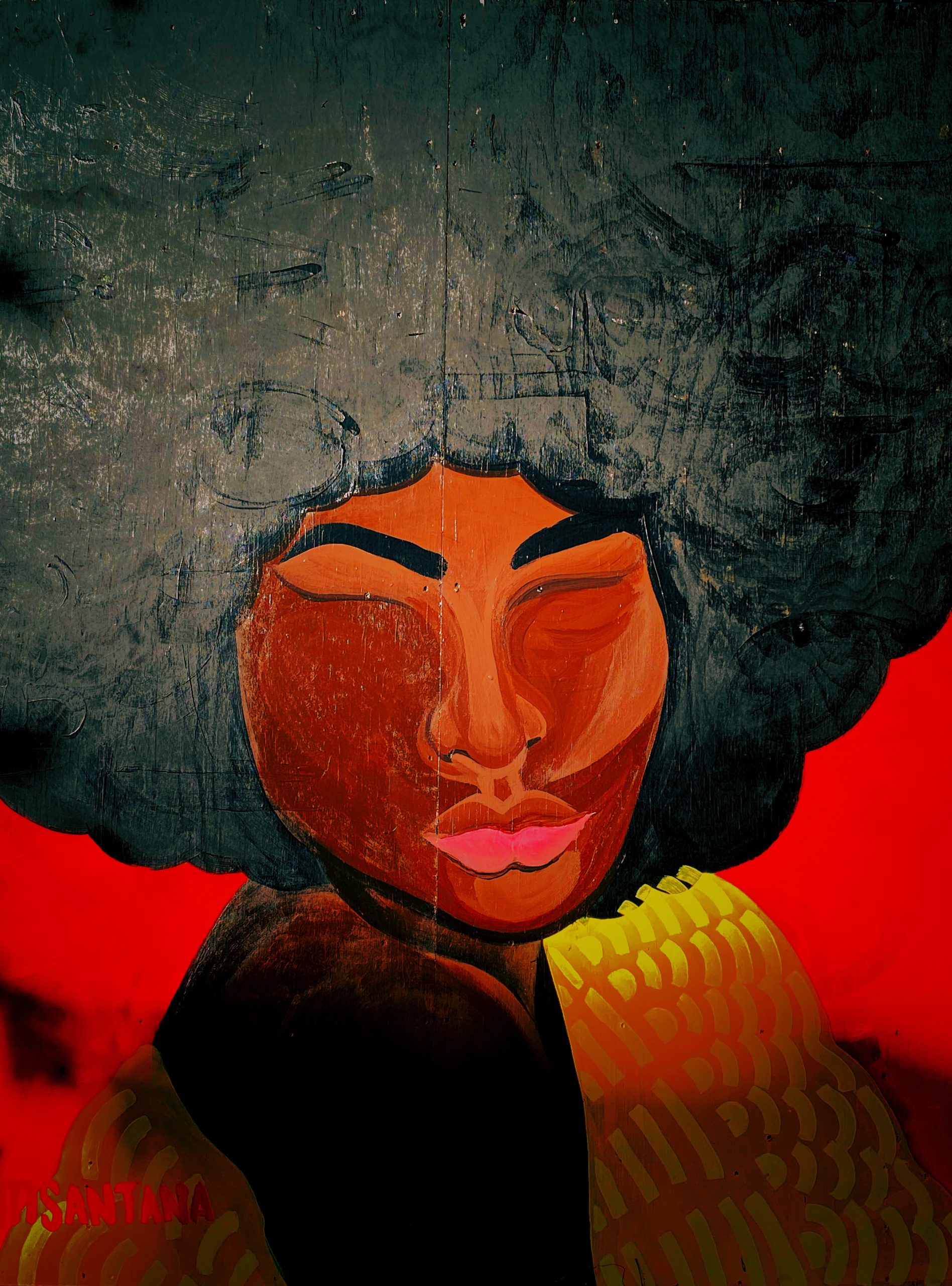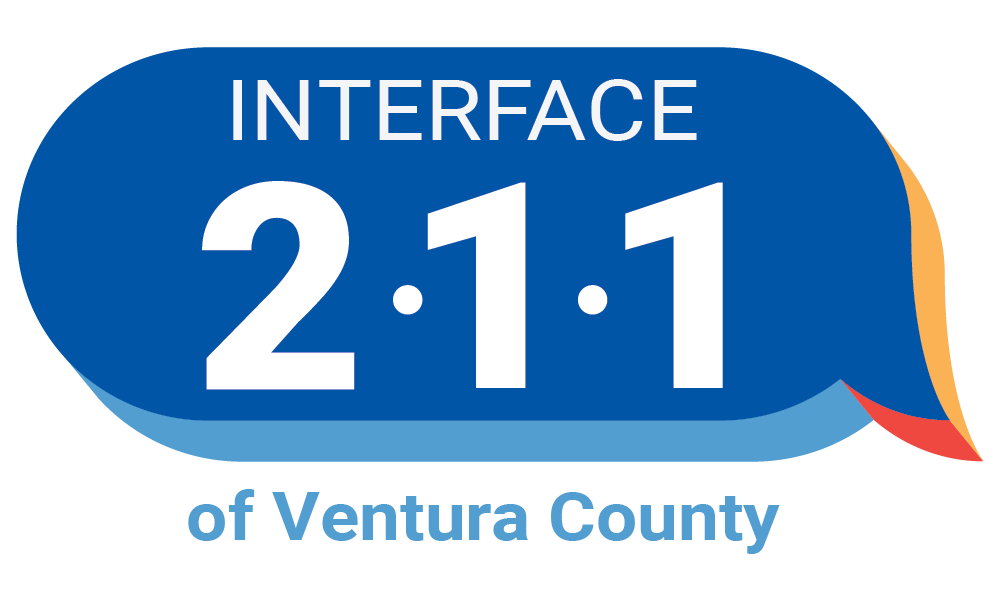It’s an Olympic year, friends! Wow, have we already seen some remarkable displays of human strength and spirit! One of my favorite moments so far was also a little disappointing. I love to watch gymnastics, and I’ve been consistently floored by Simone Biles. She really is the GOAT—the greatest of all time—in women’s gymnastics. But this week, she showed a different kind of greatness when she stepped out of the team’s all-around competition to take care of her mental health. I’m sure it was a difficult decision, and it was a loss for those of us who love to watch her perform. But this moment was a favorite for me because of the real courage that Biles showed in not competing.
Biles has been an incredible role model for young girls, and particularly young Black girls, for several years. This is her second Olympics, the first of which made her the most medaled gymnast in history. Her presence on our screens has inspired young gymnasts across the nation, especially young Black gymnasts, to get started and to stick with gymnastics, a sport long dominated by white people at the highest levels. Her decision to step out of the competition sent a powerful message: perfection isn’t healthy, and we don’t have just one shot at success. What perfect timing: July was BIPOC Mental Health Awareness Month!

BIPOC Mental Health Awareness Month is committed to recognizing the unique ways in which Black, Indigenous, and People of Color (BIPOC) experience mental health needs. One such example is embodied in what Biles is experiencing: the extraordinary pressure to be a model athlete and person, and a perfect representative of the Black community. Many Black people in the public eye report a greater deal of media scrutiny over their behavior and achievement than their white counterparts receive. Biles said, prior to withdrawing from competition, “I truly do feel like I have the weight of the world on my shoulders at times.”
There are many other concerns for mental health in BIPOC communities. Most people are not the Simone Biles type, with the eyes of the entire world waiting for them to work like machines instead of humans. Instead, they are mere mortals who carry the burdens of daily life and personal and generational trauma. What is generational trauma, you may ask? Generational trauma passes down through generations in families as they remember and respond to historical adversity, violence, and oppression. It can take many forms, as in a previously abused mother passing down her fear of men to a daughter, granddaughter, and so forth. We often hear about generational trauma in the context of race. We cannot deny the deep roots of horrific injustice in our nation that have caused trauma to individuals who taught their children and their children’s children their pain, fears, beliefs, and needs as each generation witnessed different versions of the same traumas.
As a result of generational trauma and typical stressors like relationships, finances, jobs, and so forth, we see high rates of mental illness among BIPOC communities in the United States: 17% of African Americans, 15% in the Latinx community, 13% of Asian Americans, and 23% of indigenous peoples (American Psychiatric Association, 2020). Relatedly, BIPOC individuals are less likely to receive appropriate services than are white people. Women across all races are more likely to receive services than are men, meaning that some of our most at-risk neighbors are men of color. What happens when people who need mental health care do not receive it? In addition to emotional pain and broken relationships, untreated mental health can lead to addiction, homelessness, criminal behavior, suicidality, and multiple other concerns.
Here at Interface, we’re doing everything we can do meet the needs of our BIPOC residents in Ventura County. One central way is by ensuring that our staff is representative of the people groups that they serve. Interface’s staff is majority (65%) bicultural and bilingual and engages additional partners to provide translation in over 300 languages for direct services such as mental health treatment and case management.
To access mental health resources, call our mental health intake line at 805-485-6114, ext. 662 M-F 9am-5pm. You can also help expand our influence by sharing Interface’s mental health work through our new Ambassador for Change program and donating to help us build prevention programs and response resources to serve every last child and adult in Ventura County who may need healing.



